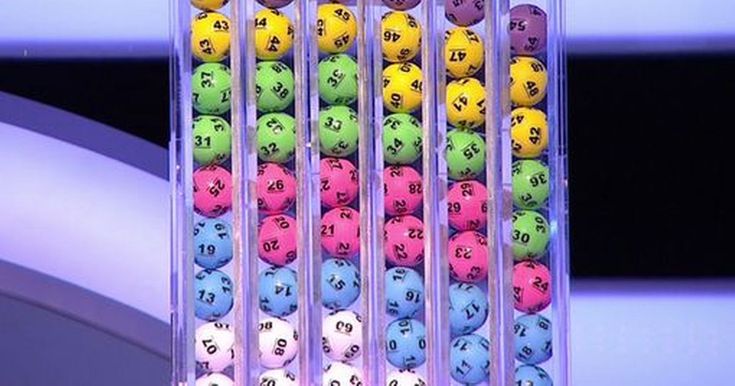Lottery draws have captivated the imagination of millions worldwide, blending the thrill of chance with the dream of instant wealth. From scratch-off tickets to multi-state jackpots, lotteries represent a fascinating intersection of luck, strategy, and social dynamics live draw cambodia. This article delves into the mechanics of lottery draws, the psychology behind playing, and the odds of winning.
The Mechanics of a Lottery Draw
At its core, a lottery draw is a game of chance. Participants purchase tickets, each bearing a unique combination of numbers. During the draw, a machine randomly selects winning numbers. This process can vary slightly depending on the type of lottery:
- Traditional Lotteries: In many traditional lotteries, such as the Powerball or Mega Millions in the United States, players select a set of numbers (usually five to six) from a larger pool. During the draw, a machine randomly selects the winning numbers, often accompanied by a bonus number that can enhance prizes.
- Instant Win Lotteries: These lotteries, commonly found in the form of scratch-off tickets, offer immediate results. Players scratch off a covering layer to reveal symbols or numbers, instantly determining if they’ve won a prize.
- Online Lotteries: With the rise of digital technology, many lotteries now offer online platforms where players can purchase tickets and participate in draws remotely. These platforms often provide additional features, such as subscription services and enhanced betting options.
The Psychology of Playing the Lottery
Lottery draws appeal to a wide audience, and understanding the psychology behind why people play can provide insights into their popularity:
- Hope and Dreaming: One of the most compelling reasons people play the lottery is the hope of a better life. The prospect of winning a life-changing amount of money can be enticing, allowing players to dream of what they would do with their winnings—whether it’s buying a house, traveling the world, or securing their family’s future.
- Social Interaction: Many people participate in lottery pools, where groups of friends or coworkers buy tickets together to increase their odds of winning. This communal approach adds a social element, transforming the act of playing into a shared experience.
- Escapism: For some, playing the lottery serves as a form of escapism from daily life. The thrill of the draw provides a temporary distraction from mundane routines, allowing players to indulge in fantasies of wealth and luxury.
The Odds: Understanding Your Chances of Winning
While the allure of winning big can be irresistible, it’s crucial to recognize the odds involved in lottery draws. The probability of winning varies significantly depending on the lottery type:
- High-Powered Lotteries: Games like Powerball or Mega Millions offer enormous jackpots but have extremely low odds of winning the grand prize—often in the range of 1 in 292 million or more.
- Smaller Lotteries: Local or state lotteries generally offer better odds, but the prizes are proportionately smaller. For instance, a state lottery might have odds of 1 in 1 million for a significant prize, making it a more accessible option for many players.
Understanding these odds can help players set realistic expectations and approach lottery play with a sense of fun rather than a serious investment strategy.
The Role of Lotteries in Society
Beyond entertainment, lotteries often play a vital role in funding public initiatives. Many state-run lotteries allocate a significant portion of their revenues to education, infrastructure, and community programs. This dual role of lotteries—as a source of potential personal wealth and a means of funding public goods—highlights their complexity and social impact.
